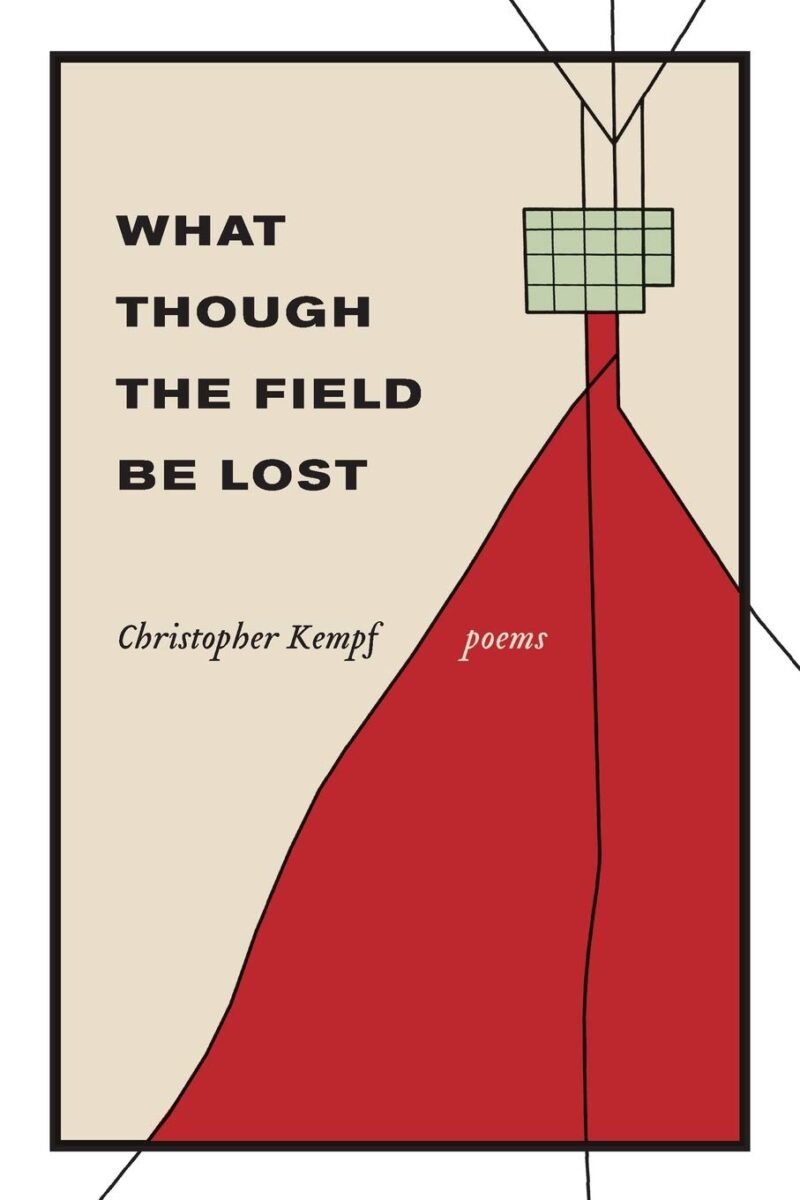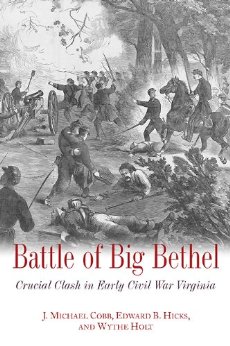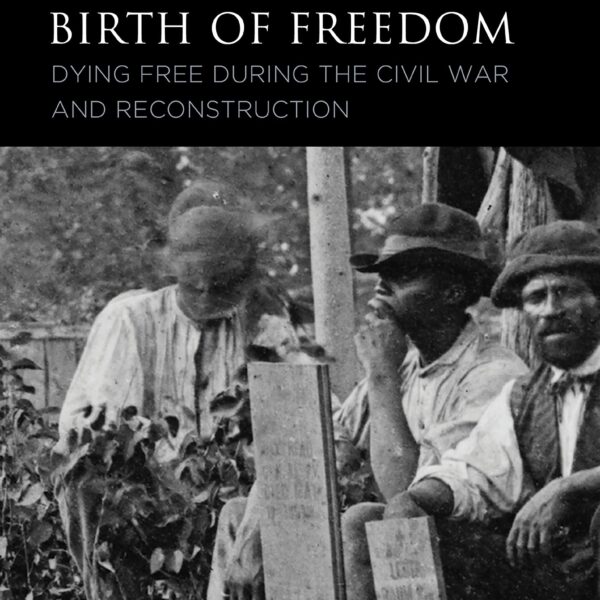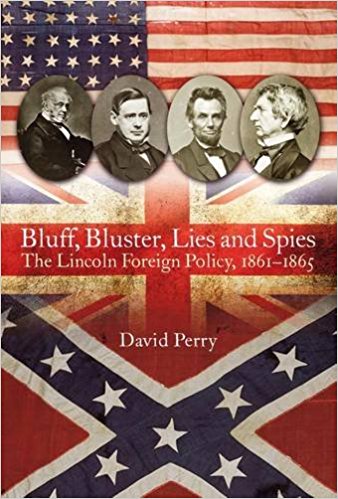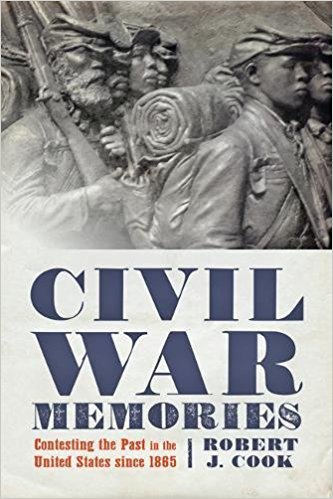Christopher Kempf has written an excellent series of poetic reflections on the crossroads of past and present at Gettysburg. How does one size up the present in terms of the past, and the past in terms of the present? Certainly not by merely rehearsing the minutiae of what was done by whom to whom, how, and exactly when during the Battle of Gettysburg—nor by judging the past by the shifting and limited viewpoints of the present—but by somehow seeing the past and present together in their deadly, alien, sometimes ironic and sometimes enlightening embrace. This is what Kempf attempts in poems that perceptively and artfully touch on the events of July 1863. He does so with a historically informed (though buffs will always find a few errors in details), detached perspective that paradoxically remains personal. In one poem, for example, the Union is paralleled to the writer’s own marriage.
The book’s title, What Though the Field Be Lost, is from a blowy speech by Milton’s Satan in Paradise Lost. This usage by the author acquires many resonances, nuances, and colorations throughout the collection. Satan’s rhetoric is intended to puff his fellow rebel angels into continuing to serve the Chief Egoist’s absurd claim to mastership of all creation. Such rebellious poets as Blake and Shelley admired this theatrical attitude as courageous heroism in the face of superior and tyrannical power; thus, the words are transferred by implication to the Confederate States and to Lee’s army at Gettysburg. Shelley notwithstanding, the cause is not only lost but wrong. (“Evil, be thou my good,” says Milton’s Satan; “If slavery is not wrong, then nothing is wrong,” said Abraham Lincoln.) Is the field of Gettysburg lost to us—to the present and the future? Has it been transformed into bars, fast food joints, souvenir shops, and the pablum of “valor,” “heritage,” and “glory”? Has the Union lost the battle of national myth, as trucks flying Confederate flags proudly brazen the battlefield roads?
Milton’s iambic pentameter is sometimes imitated in these poems, but most of the collection visually resembles e. e. cummings, Walt Whitman, and prose poetry in form. Ideas, images, and juxtapositions (“synecdoche . . . understanding one with the other”) characterize these poems “in the charmed midsummer forest of art” that is meant to “wrench us from complacency.” The poems do not “believe that history” is a “husk merely:”
. . . I want
to tell you that these summers the cities
of America are filled with the bodies
of young black men though for that, I have read,
the country collapsed once & split.
The Civil War generation looked steadily at death veiled in sentimentality, whereas we veil it in irony and look away. Readers preferring the forms, rhythms, rhymes, melodies, affirmations, and apparent straightforwardness of Longfellow and other popular Civil War era poets will be disappointed. These poems are cerebral, dense with literary and historical allusions, and riddled with ambiguity and irony. The War changed a lot.
Kent Gramm is the author of Gettysburg: The Living and the Dead.
